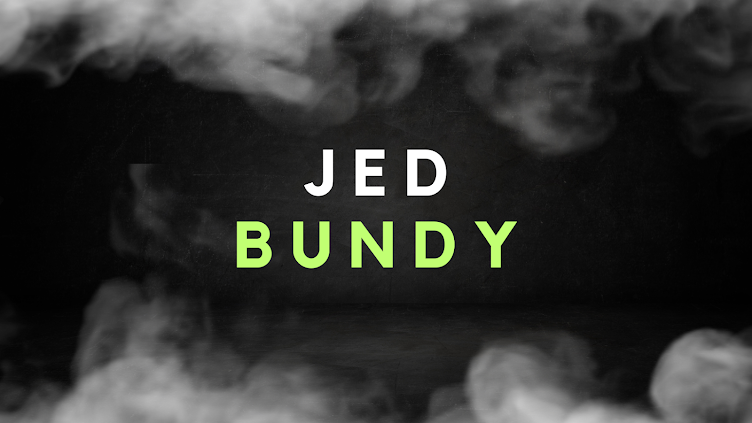Review: The Hunger (1983)
The Enigmatic Vampire: George A. Romero's "Martin" (1977)
The Enigmatic Vampire: George A. Romero's "Martin" (1977)
In the realm of horror cinema, George A. Romero is an iconic figure known for revolutionizing the zombie genre with classics like "Night of the Living Dead." However, in 1977, Romero departed from the undead and introduced audiences to a different kind of monster in his film "Martin." This psychological vampire drama marked a departure from the director's zombie-centric repertoire, offering a nuanced exploration of isolation, identity, and the blurred lines between reality and fantasy.
"Martin" follows the story of its titular character, Martin Mathias (played by John Amplas), a young man who believes he is a vampire. The film opens with Martin traveling to live with his elderly cousin, Tateh Cuda, in the decaying industrial town of Braddock, Pennsylvania. Convinced he is a vampire, Martin sustains his supposed need for blood through the use of razor blades and syringes, rejecting the supernatural powers commonly associated with traditional vampire lore.
What sets "Martin" apart from traditional vampire tales is Romero's intentional subversion of established tropes. There are no capes, fangs, or supernatural powers here. Instead, Romero explores vampirism as a psychological condition, portraying Martin as a disturbed individual rather than a mythical creature. This departure from the norm challenges audiences to rethink their perceptions of vampires and confront the darkness within human psychology.
Romero's signature low-budget, independent filmmaking style is evident in "Martin." Shot on 16mm film, the movie captures the gritty realism of the declining industrial landscape in which it is set. The use of natural lighting and handheld camera work adds a documentary-like quality, immersing the audience in the harsh and unforgiving world of its protagonist.
At its core, "Martin" is a character study that delves into the mind of its troubled protagonist. John Amplas delivers a captivating performance, portraying Martin as a conflicted and sympathetic figure. As the audience witnesses his struggles with identity and a desire for connection, the film raises questions about the impact of societal isolation and the search for one's place in the world.
Romero also infuses "Martin" with social commentary, addressing issues such as urban decay, generational conflict, and the erosion of traditional values. The setting of Braddock serves as a metaphor for the crumbling foundations of society, mirroring the internal decay within Martin's troubled psyche.
While not as widely recognized as Romero's zombie films, "Martin" stands as a unique and thought-provoking entry in the horror genre. By subverting vampire tropes and exploring the psychological aspects of the protagonist's condition, Romero creates a film that goes beyond traditional horror conventions. "Martin" remains a testament to the director's versatility and willingness to challenge audience expectations, proving that horror can be a vehicle for introspection and social commentary.



